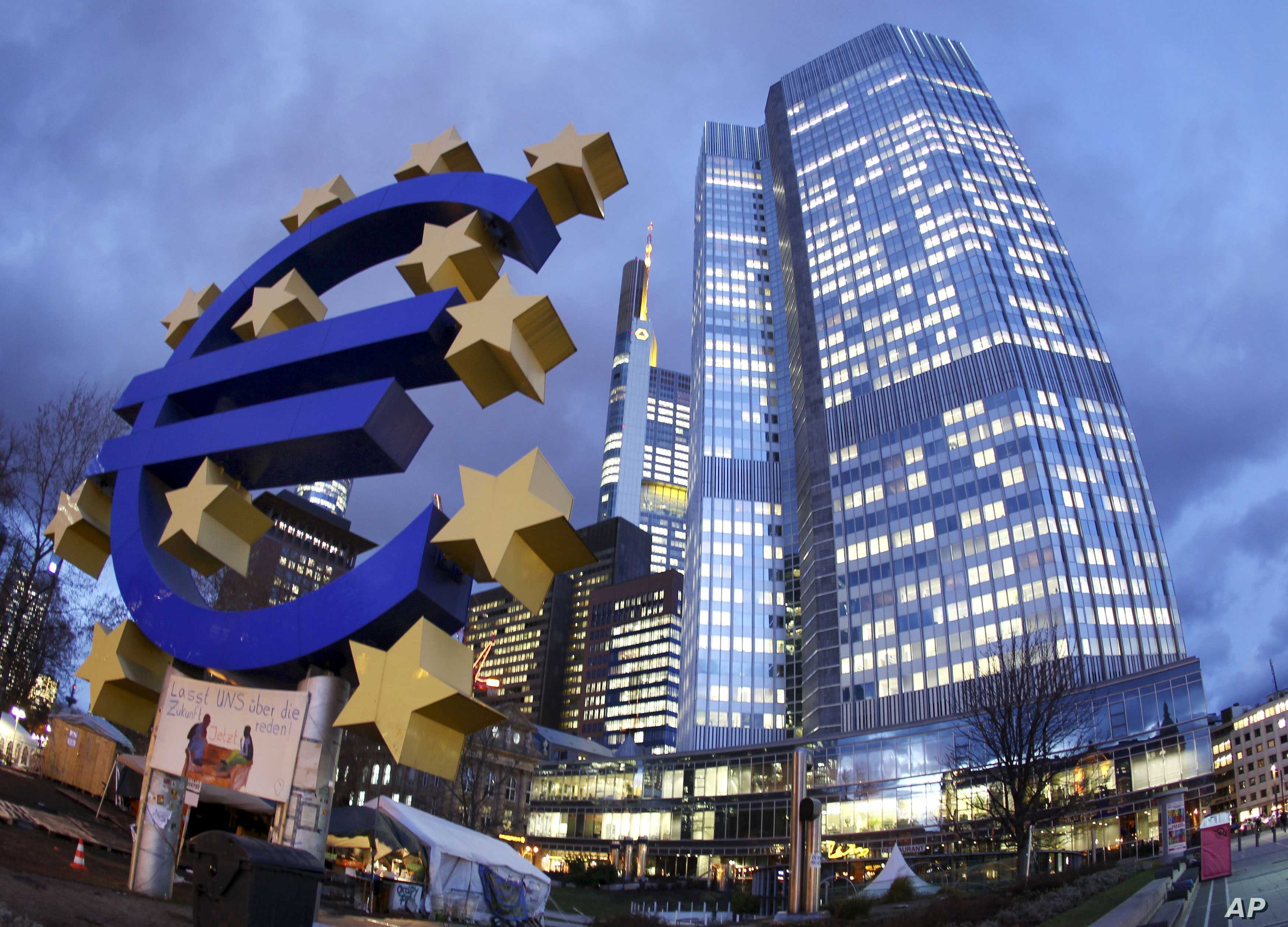6562
0
The European Central Bank has worsened the short-term outlook for the economy
The European Central Bank (ECB) increased monetary incentives to support the eurozone economy fighting the pandemic of the new coronavirus.

Yazar: Tom Roberts
Yayınlanma: 12 Aralık 2020 21:39
Güncellenme: 2 Mart 2026 19:14
The European Central Bank has worsened the short-term outlook for the economy
The European Central Bank (ECB) increased monetary incentives to support the eurozone economy fighting the pandemic of the new coronavirus. At the same time, it presented updated macroeconomic forecasts. The ECB currently expects a real decline in the euro area's gross domestic product (GDP) of 7.3 percent this year. Next year, the economy will recover and grow by 3.9 percent. It should expand by 4.2 percent in 2022 and by 2.1 percent in 2023. Compared with September forecasts, the short-term outlook for the euro area economy has deteriorated. In the medium term, however, a recovery to the level projected in the September baseline scenario is expected. Overall, the risks to the euro area economy outweigh the forecasts, but these risks have weakened. While reports that coronavirus vaccines will be available soon are positive for the short term, these risks relate to the economic and financial consequences of the pandemic. The ECB expects annual inflation in the euro area to reach 0.2 percent this year. The pace of consumer price inflation is expected to pick up in the coming years, but will still remain below the ECB's 2% inflation target. According to current forecasts, inflation in the euro area will accelerate to 1 percent in 2021, to 1.1 percent in 2022 and to 1.4 percent in 2023.İLGİLİ HABERLER





European stocks soared and focus shifted to German retail sales after Powell's speech!

Forex Signal For TRY/USD: Inflation Slowdown in November.

Forex Signal For GBP/USD: Bullish Trend Still Not Breaking While Recovery Continues.

Forex Signal For EUR/USD: Starry US Data Points to Higher Fed Increases.

Forex Signal For BTC/USD: Downside Continues as Bitcoin Recovery Moves Less.
En Popüler Haberler
Yorum Yap
Yorumlar
Henüz yorum yapan yok! İlk yorumu siz yapın...